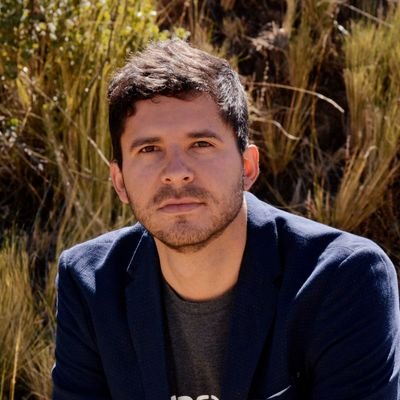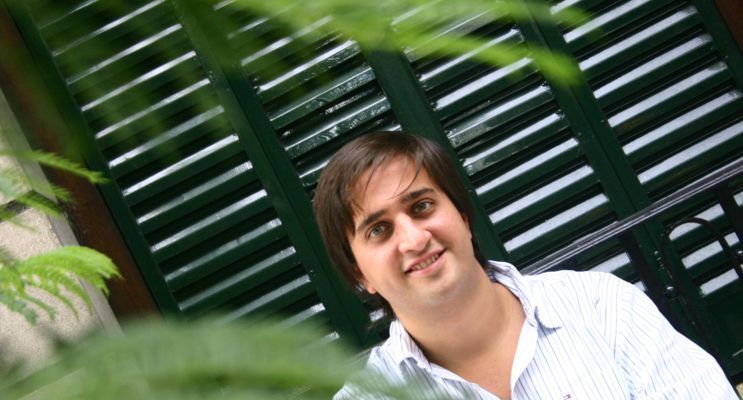In January 2018 Magma Partners teamed up with Chinese coworking business, Kr Space, to launch the first China-Latin American accelerator to connect Chinese and Latin American entrepreneurs and investors.
With the recent news that Tencent invested $180M into Brazilian neobank Nubank at a $4B valuation, we’e seeing Chinese interest and investment in Latin America move beyond the common infrastructure projects backed by the Chinese government. The Chinese private sector is taking note of Latin America’s growing tech ecosystems and is capitalizing on opportunities to help the region follow a similar development path to China’s.
As the US pulls further away from Latin America, China is becoming an increasingly important partner for startups and companies across the region looking for investment and direction. As President Trump’s trade war intensifies, Chinese FDI into the US has dropped by 92% to $1.8B, while Chinese FDI to Latin America has surged to $15.3B in the first half of 2018.
This move by China is a strategic one. Latin America is ripe for investment and China and Chinese companies could be interesting partners for the region.
For one, Latin America is now a mobile-first market with over 200 million smartphone users. It is the second-fastest growing market for mobile in the world, and Latin American consumers are becoming quick adopters of new technologies and global apps.



